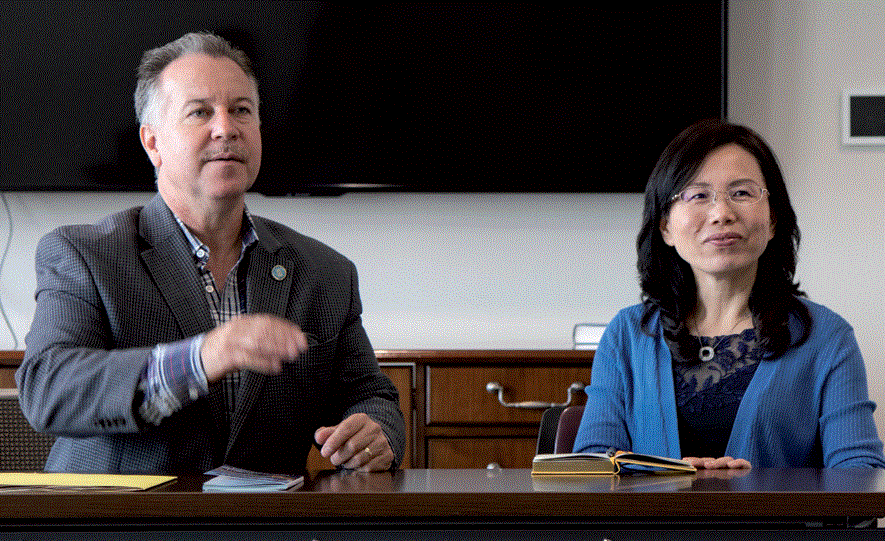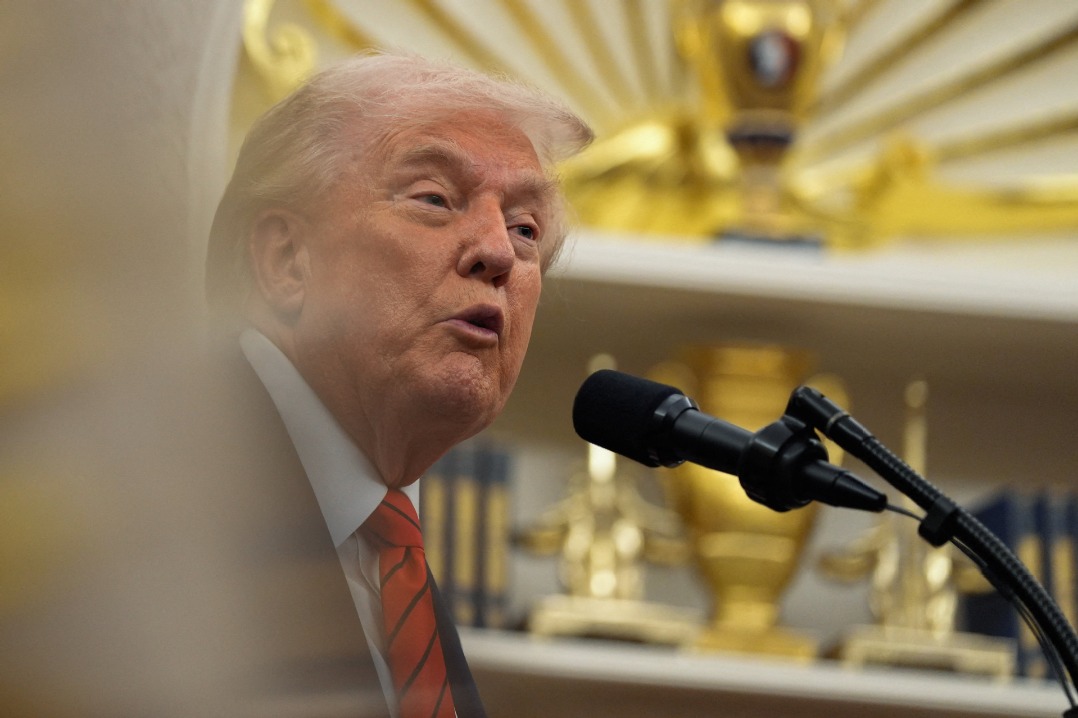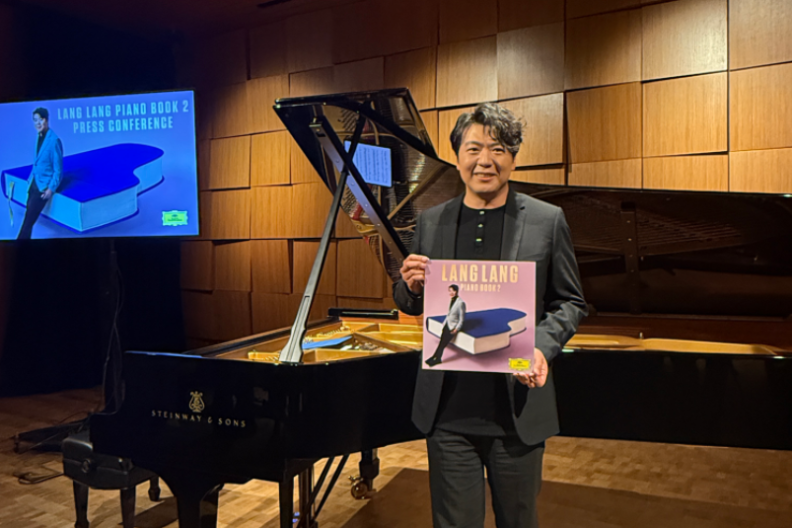In Tennessee, a call for more trade with China


History has proven that both China and the United States benefit from cooperation and lose in confrontation, Minister Xu Xueyuan from the Chinese embassy in Washington told elected officials and business leaders during a three-day visit to Nashville.
Minister Xu, along with Zhao Zhenge, general representative of the China Council for the Promotion of International Trade (CCPIT) in the United States, led a small delegation to the National Conference of State Legislatures (NCSL), where hundreds of state legislators gathered to discuss policymaking.
Many state legislators expressed their desire to see US and China overcome their differences and build a closer trade relationship.
They briefed local business leaders at a luncheon hosted by the International Business Council, Nashville law firm Baker Donelson, the Tennessee-China Network and the Tennessee World Affair Council. The delegation presented China's perspective on the current trade issues.
"It is important for us to always remember that this relationship is mutually beneficial. China and the US have been each other's most important trading partners, and the two countries also act as an important source of investment to each other," Xu said.
Xu said that China is Tennessee's third-largest goods and services export market. In 2016, exports from Tennessee to China supported more than 20,000 jobs in the state. Also, nearly 70 Chinese companies have established operations in Tennessee, providing nearly 4,000 jobs.
According to US statistics, American exports to China supported more than 1 million jobs in the US, and trade with China helped every American household save hundreds of dollars.
"These figures could have been much bigger if it were not for the trade war," Xu said. "Increasing tariffs or decoupling our economies will not resolve our differences in trade policy. It will only hurt both sides."
Phillips Richard, COO and senior vice-president of Global Food Exchange Corporation, a Chinese company based in Glendale, California, said the tariff prevented his company from exporting US agricultural products to China.
"Each month we ship about a thousand containers of food to China from all over the world," he said. "We would love to buy from the US. Unfortunately, the tariff made it unprofitable. We have to get our supply from countries like Brazil, Chile, Russia, Spain, Australia and others. I have talked to many US farmers who desire to see China and the US reach an agreement so they could enter the China market."
The prolonged dispute has hurt businesses on both sides, said John Scannapieco, partner and chair of the global business team at Baker Donelson, which represents a large number of Chinese companies doing business in the US, and American companies doing business in China.
"I have seen companies having real financial problems because they can't pass on all the tariff costs to customers," Scannpieco said. "It put them in the red. We have seen increasing farm bankruptcies, some companies going out of business, and jobs being lost. I know some factories in China are also closed. Both countries are losing, to what end?
"Trade is not about I win you lose; it has to be both win," he said.
Through his exchanges with the American business community Zhao Zhenge of CCPIT has noticed a strong desire to forge close trade and economic relations with China. However, the trade issues have brought a lot of predicaments to the American businesspeople:
"The tariff has created uncertainty, and people don't know what step to take next," Zhao said.
In expressing a desire to continue to gain access to the Chinese market, Tennessee state Representative John Deberry said that the small-businesspersons often get lost in the big talks. For that reason, he'd love to pay a visit to China.
Tennessee state Representative Mike Sparks said that the state cherishes the relationship with China.
He expressed a wish that China could help solve the problem of overpopulation of Asian carp in his state.
"You will be our savior if you could help with that problem," he said.
Minister Xu assured political and business leaders that China is sincere about its talks with the US. However, "they must be based on equality and mutual respect, and they must address reasonable concerns raised by the two sides", she said. "We hope the US will meet China halfway and work towards a final solution that is acceptable to both sides."

































